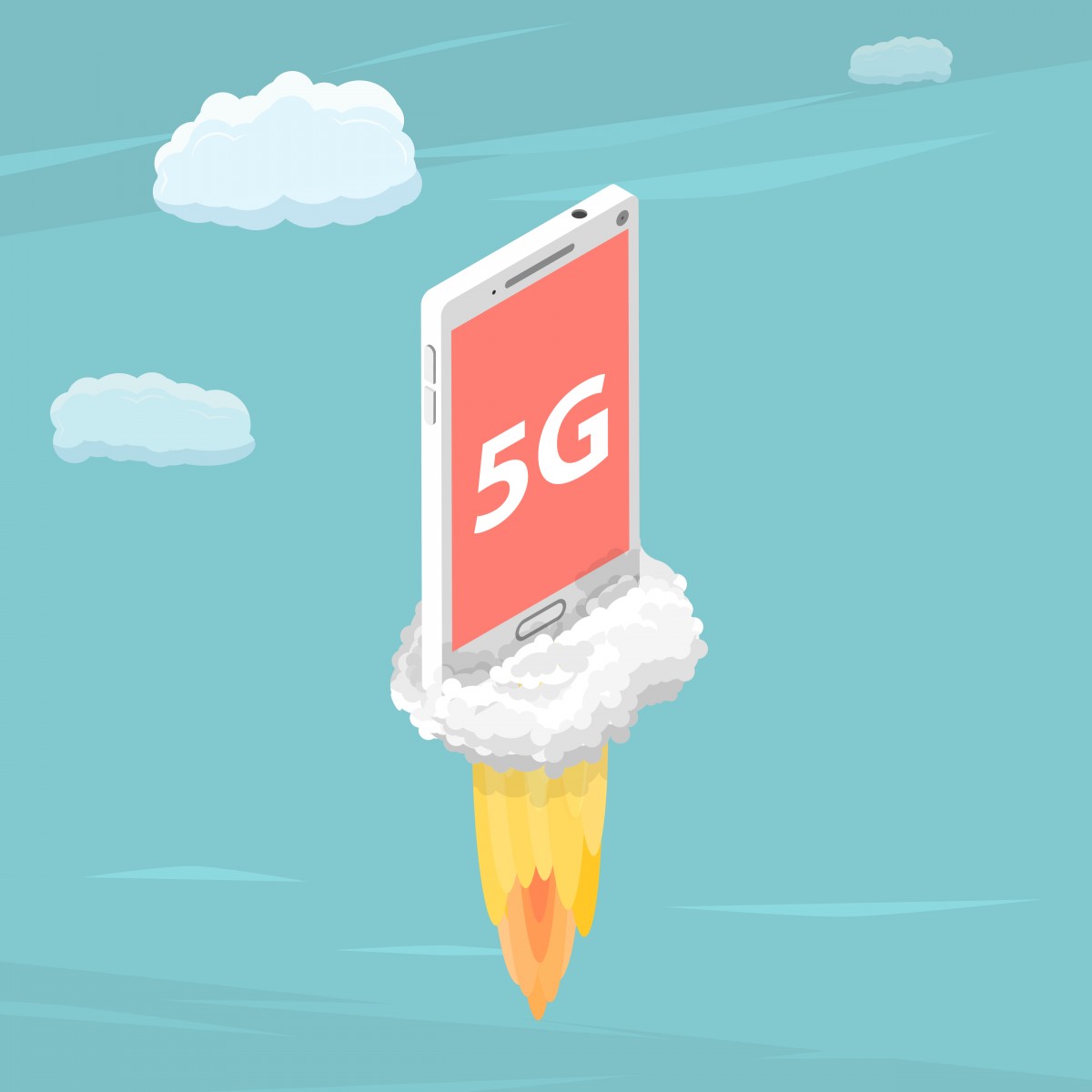Right now productivity is a concern for business and government in the UK. While the official numbers tell us it should be addressed in the short term, we should be mindful of the longer term shifts in technology and society to inform planning and policy, and adopt a holistic view that provides the best possible environment for future workforces to continually increase productivity while safeguarding job satisfaction and quality of life.
In order for a four-day week to become a reality, the following technologies are essential:
- Data centres If we want the world to connect to 5G, all that data must go somewhere. Incredibly powerful and sophisticated data centres designed with 5G data flows in mind
- Predictions The data centre will change, focusing on AI, memory and storage in new ways to better serve a smart and more connected world and the data and insights it will generate
- IT works will have more time to serve the needs of their teams and their roles will evolve over time
- The virtual office The term 'virtual office' often makes us think of low quality webinars and tethering our laptops to hi-and-miss mobile connections when working on the move. On the contrary, the 5G virtual office will make good on the remote working promised that 4G did not quite deliver
- Predictions No more poor connections outside the office
- The kinks of current generations of file sharing systems to be worked out
- AR, VR and even holograms will give workers separated by distance a better experience that current telepresence communication
- AI will start to take over small, repetitive elements of our jobs
- Internet of Things (IoT) 5G will fundamentally transform our lives, bringing us a society where everything is smarter and more connected. With its hyper-connected infrastructure, the Internet of Things (IoT) will generate zettabytes of data from an estimated 50 billion devices around the world. This will transform a wide range of industries, from agriculture to healthcare, where information is gathered by a vast network of sensors, enabling humans or AI to control systems from afar and gather insights from the data collected
- Predictions - While first-generation IoT devices mainly enabled remote monitoring and control, next-generation devices will act more like a peripheral nervous system
- Devices will be significantly smarter, have the capacity to learn and work with each other with much less human interference and management
- Artificial intelligence (AI) The 50 billion connected things that will soon comprise the Internet of Things (IoT) will require AI and analytics to enable businesses to extract valuable insights and pave the way to higher productivity and profits. As 5G goes mainstream, the dynamic loop of data and machine learning will enable devices, objects and systems with AI capabilities that surpass anything on the market today
- Predictions 5G reliant IOT objects, devices and systems will become an essential technology crucial to staying competitive in business
- Humans will hit their stride in working with AI and become super productive, not only enabling the four-day working week, but creating thousands of new jobs and economic growth opportunities
- Eventually, humans, AI and robots will work side by side and this will make us happier
- Autonomous driving vehicles - Of vital importance for the future of the four-day working week is autonomous transport. And just like IoT and AI, autonomous vehicles rely heavily on next-generation 5G networks
- Predictions - We'll count our commute time as part of our working day, four days per week
- Our commutes by road will be personalized through AR and a new economy of multimedia will flourish around the free time autonomous driving will create
This report delves into the intricacies of how 5G could affect these technologies which will help shape the future of the workplace.




